
DeFi gets a bad rap for being complex, technology makes it simple enough to cut out middlemen in non-finance industries ranging from energy to e-commerce.
Decentralized finance is far and away the hottest topic in crypto, touted as a way to make a fortune by backing the right token, but also a tool for taking the crypto you were hodling in a cold wallet and set it to work earning interest at extraordinary rates.
There’s a reason DeFi has grown so large so quickly that it has slowed the Ethereum blockchain where most of the projects live to a crawl, and sent gas prices for transactions soaring to $10, $50, even $100 at times.
DeFi is mostly talked about in terms of taking over the banking and brokerage functions that big finance thrives on, but the technology can be used to revolutionize many other businesses, from energy to e-commerce.
That reason is simple: At its core, decentralized finance is about eliminating the middleman.
Why give a bank your money — for a paltry fraction of 1% interest — for it to loan out, when you can loan it out for orders of magnitude more through a crypto lending site?
Or invest it in a liquidity pool that uses an automated market maker to create a shared pot of tokens that cryptocurrency traders can sell to or buy from, rather than waiting to find a trader who wants to buy what they’re selling at the price they want. The way liquidity pools work is that liquidity providers lock funds into pools in exchange for fees paid on each transaction — which are usually paid in an exchange’s native token.
All you’re doing, really, is replacing the institutions facilitating those transactions —the man in the middle of taking it from Jane and giving it to John — with smart contracts that automate both the introduction and the exchange of currency. In other words, it turns a peer-to-business-to-peer transaction into a peer-to-peer transaction.
The difference is blockchain’s immutable nature, which makes it impossible for either side to cheat. Because it is trustless, you don’t need to pay a trusted intermediary to do that for you.
Beyond finance
Financial transactions are the low-hanging fruit for DeFi, as they are very frequent and the value of the currency being traded is so large. That said, DeFi in its trading, staking and yield farming formats can get pretty complex. But, that’s mostly because people are willing to do very risky things like betting on margin with borrowed money.
However, DeFi works for pretty much any data you need to transfer from one party to another. That can be e-commerce, insurance, digital identity, and even electric power — the possibilities are endless. And in most cases, they are fairly simple.
Decentralized energy is raising enough interest that it’s been given its own nickname — DeEn instead of DeFi — even though it also uses DApps and smart contracts, and generally lives on the Ethereum blockchain. Other than removing the middlemen — brokers and utilities — the only real difference is kilowatts instead of kilobytes.
A year ago, German sustainable energy firm Lition launched its blockchain-based, decentralized peer-to-peer Energy Exchange, which lets individual consumers choose exactly which source to buy their energy from inexpensive or green or local power producers — whatever they choose.
It’s up and running, and according to a power industry publication consumers are saving an average of 20% on utilities while power producers are seeing revenue go up 30%.
Decentralizing ecommerce
E-commerce is another field ripe for disruption by DeFi, and one of the companies doing it is Uquid, which is aiming to build a bridge between DeFi and e-commerce.
One way it is doing this is through its Defito Finance arm, which concentrates on shopper loyalty programs using tokens earned with every sale or purchase.
The site pulls in three techniques commonly used in DeFi trading, loaning and mining operations and adapts them to the needs of an e-commerce site.
Shopping mining is a loyalty program that creates and awards newly mined tokens with every purchase from Uquids many online stores, which offer everything from video games and music to subscriptions for streaming services like Spotify and Xbox Live. This uses one of Defito’s native tokens, the DeFi Shopping Stake (DSS). Once mined, these tokens are loaded into a smart contract that lets them be used for future purchases from the Uquid sites, or for staking in the liquidity pools.
Defito’s other token is the DTO, a governance token which can be earned by contributing liquidity to the shopping liquidity pool. Instead of making it possible for cryptocurrency traders to buy and sell tokens, the Defito pools represent digital goods on Uquid’s ecommerce sites ranging from games and business software to gift cards and mobile top-up cards. An automated shopping maker connects pools of goods from different suppliers, allowing token holders to search for and track the best prices for the amount of those goods they wish to buy. These sites accept cryptocurrency in payment.
Both DTO and DSS can be used for staking and payment, but DTO brings governance voting rights, including on whether DSS tokens should be burned to increase their value or used to develop the rewards system.
Another DeFi token is Uquid (UQC), a decentralized ERC-20 token that can be used for a variety of more traditional DeFi services including staking, lending, borrowing and token swaps, as well as goods including utility, grocery, and pharmacy vouchers from chains around the world.
Finally, Uquid has recently added a fourth token for its new NFT marketplace, NFTD. The non-fungible tokens are at the heart of a digital products marketplace where they can be used to provide buyers of digital goods clear ownership rights. It’s a Binance Smart Chain utility token aimed at things like social media content from TikTok and YouTube videos to photographs and music, as well as Uquid’s other digital content.
Disclaimer. Cointelegraph does not endorse any content or product on this page. While we aim at providing you all important information that we could obtain, readers should do their own research before taking any actions related to the company and carry full responsibility for their decisions, nor this article can be considered as an investment advice.

You can get bonuses upto $100 FREE BONUS when you:
💰 Install these recommended apps:
💲 SocialGood - 100% Crypto Back on Everyday Shopping
💲 xPortal - The DeFi For The Next Billion
💲 CryptoTab Browser - Lightweight, fast, and ready to mine!
💰 Register on these recommended exchanges:
🟡 Binance🟡 Bitfinex🟡 Bitmart🟡 Bittrex🟡 Bitget
🟡 CoinEx🟡 Crypto.com🟡 Gate.io🟡 Huobi🟡 Kucoin.


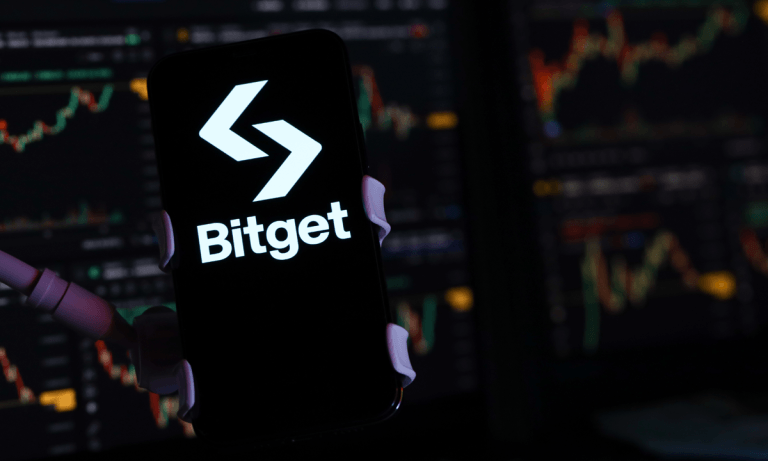

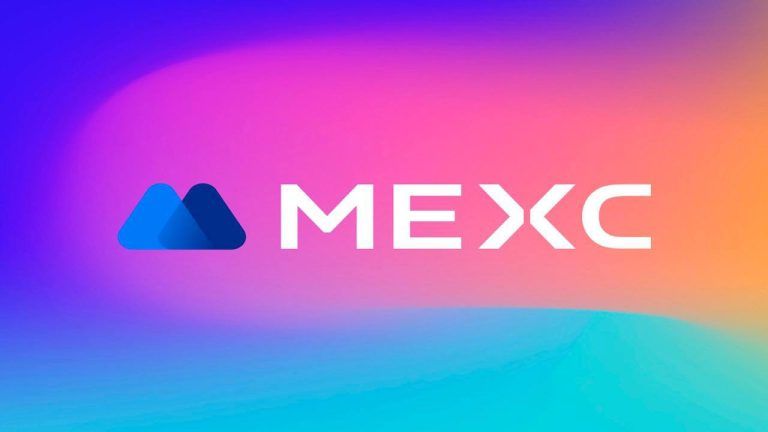
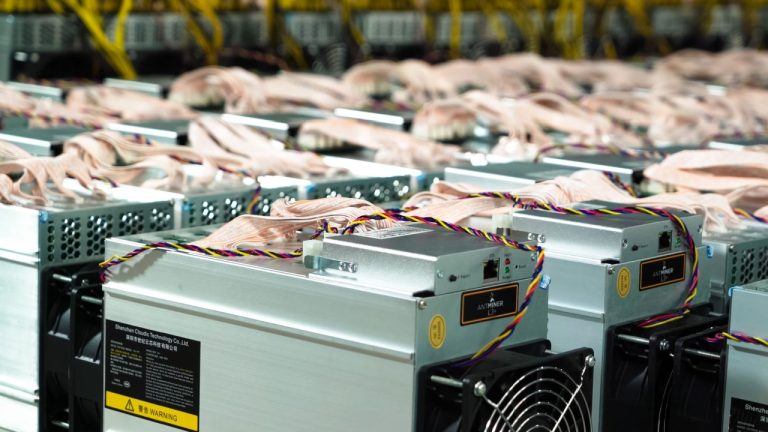


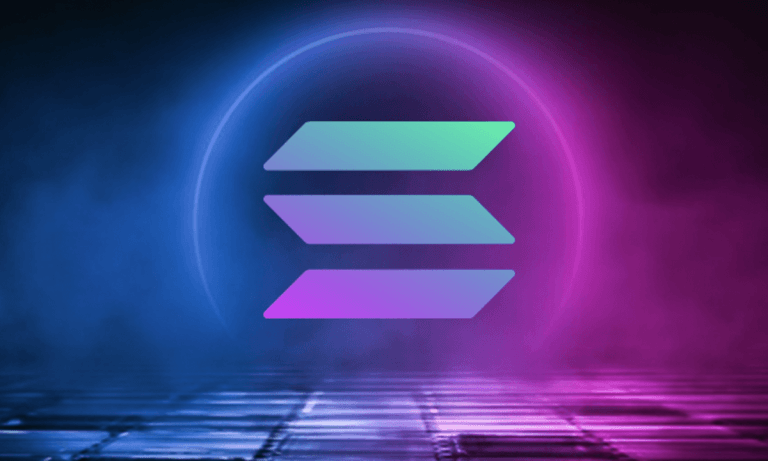



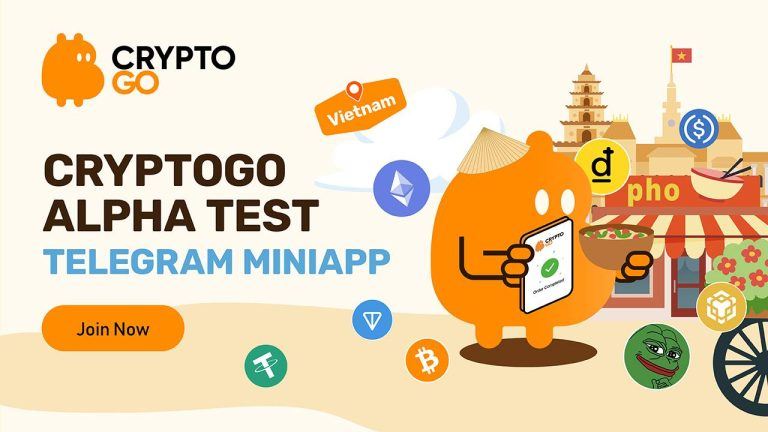

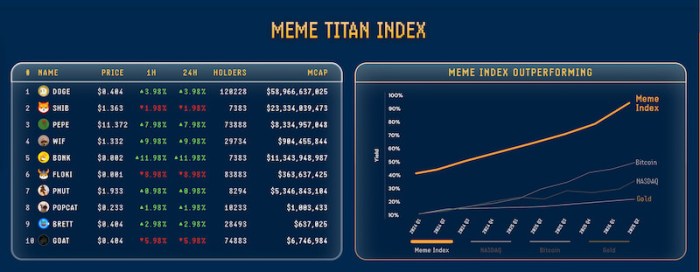
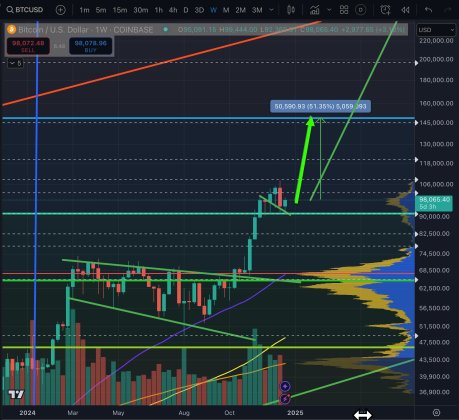
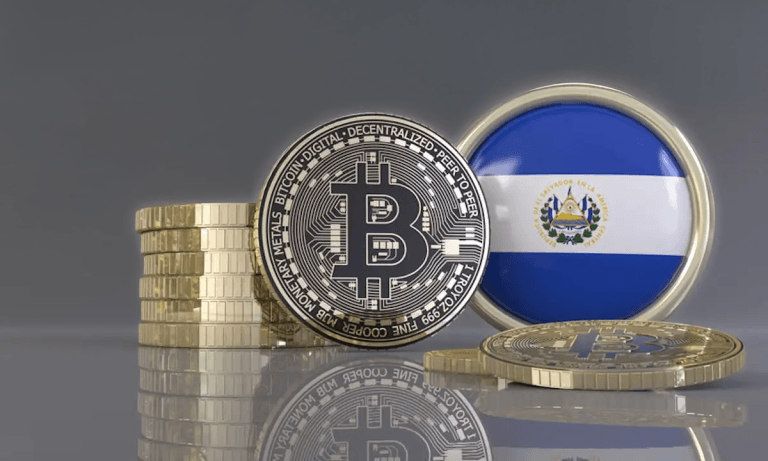




Comments